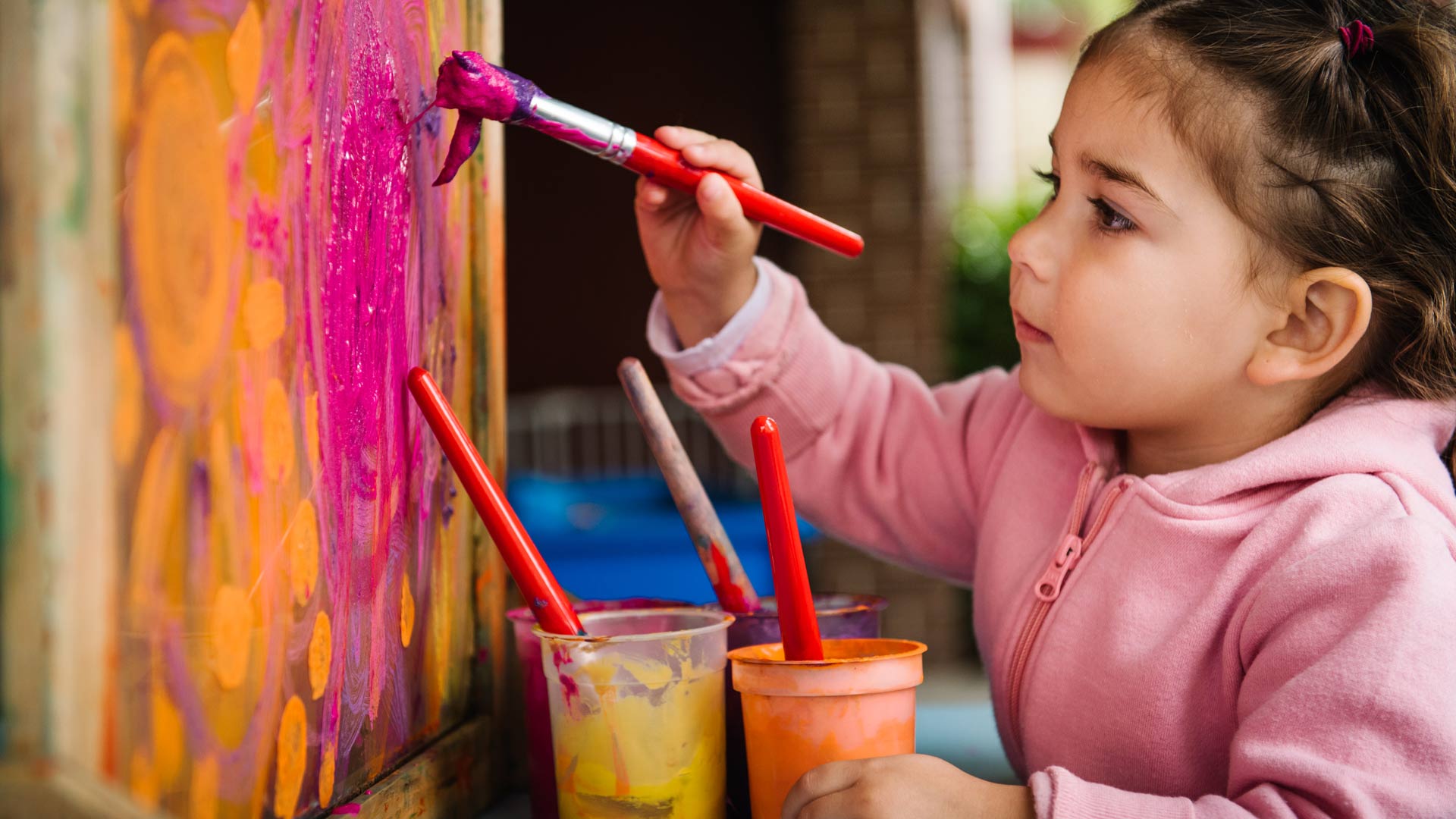
06 Jan 5 Things Every 21st Century Child Should Know
Unfortunately life isn’t always as easy as 1, 2, 3. Here are some life lessons that are not typically taught in schools…but should be.
What Money Is and How It Works
Learning and developing basic money skills from an early age will prepare children for financial challenges they might face as adults. Children are learning about money through things like school fundraising or at the canteen; but parents should be talking to them about the value of money and showing them basic skills like how to budget, spend and save.
On their website, the Australian Securities and Investments Commission also highlighted the fact that we are living in the age of “invisible money” with credit cards, internet banking and online shopping replacing notes and coins. This makes it “harder for kids to get their heads around what things cost” and so modern parents need to help turn money from an abstract, limitless resource into something children can understand.
How to Sustain Our Environment and Why It’s Important
Kitchen garden programs are great for children to form positive food habits and learn about sustainability and the natural environment. KU Children’s Services (a leading early childhood education and care provider) has launched a new initiative where each centre is expanding its educational programs to include an area of special interest or specialisation.
This allows children and educators to explore one particular curriculum area in more detail.
The KU Carillon centre in Camperdown is focusing on a Kitchen Garden Program. Children are encouraged to learn about the world around them as they plant seeds, tend the fruit trees, compost fruit and vegetable scraps and feed the animals. They will also be encouraged to engage in conversations about food and how it grows, as well as nutrition and recipes from various cultures.
How to Connect With Nature
We are strong believers in the importance of disconnecting and reconnecting with nature (we even have a mini mag devoted to it that you can download for free here). After all, we know that nature has been found to influence children in a positive way emotionally and mentally. KU Children’s Services have also seen the value in this and that’s why they have a centre in Ourimbah that specialises in nature play, and has a “Forest Preschool” program.
At this centre, the children are immersed in nature to ultimately guide their understanding of the wider world.
In their own words, KU Ourimbah strives to give children an opportunity “to connect with the natural world, solve problems in a landscape that is not uniform and offer challenges, inspiration, beauty, unpredictability and interest.”
How to Practise Simplicity
Similarly, practising mindful living and simplicity is another useful thing parents can teach their children. Today, more and more people are feeling anxious and overwhelmed and struggling to slow down. We spoke to Jodi Wilson, author of the blog Practising Simplicity, and she reminded us about teaching children to focus on experiences over possessions; and banishing negative thoughts with realistic ones.
You can read more about Jodi and her tips here.
Leet Speak
Although some parents fear it, technology is undeniably engrained in our society and our future. The KU centre at Mayfield focuses on this, by specialising in STEM (Science, Technology, Engineering and Mathematics). More and more, people are learning to code, and so developing these skills from a young age will equip children for a future where this will be essential. At KU Mayfield, they are able to investigate the world around them and cultivate lifelong learning skills through child-friendly science experiments, projects, cooking and constructions. In fact, KU Mayfield’s classes are so high quality and beneficial to children that they won the “Little Scientist House” award through FROEBEL Australia.
This post was brought to you by KU Children’s Services.
Words by Daisy Chein

